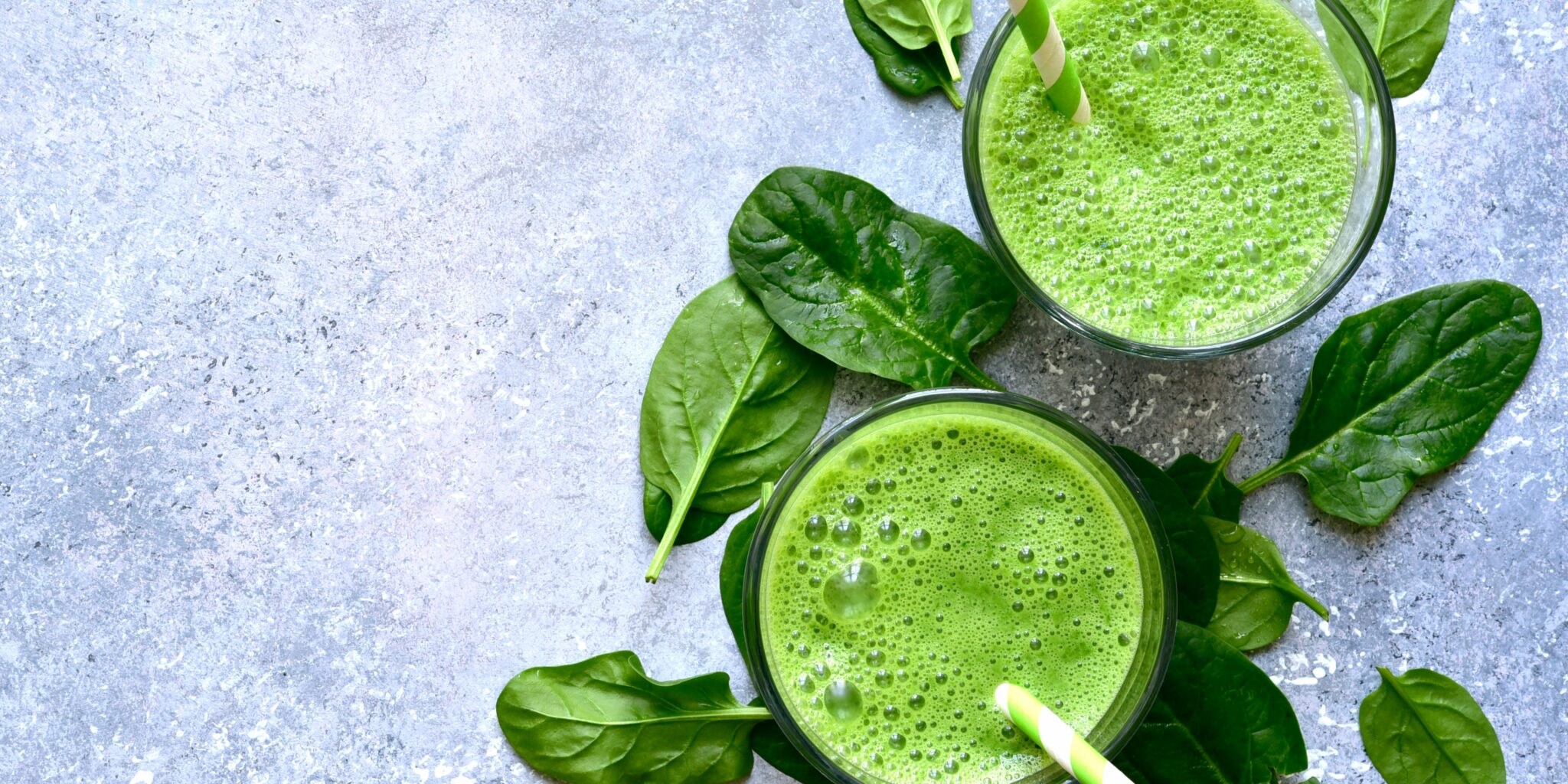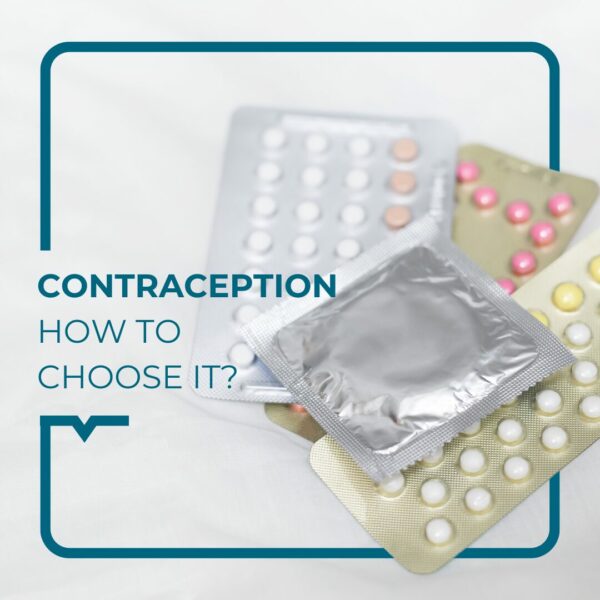At the beginning of autumn, June hears about detox everywhere and wants to try it, but she’s not sure what to believe about the methods and benefits.
Hello, I’m Dr Joy.
Let’s analyze the different forms of detox that exist, what they are used for, their benefits and the points to consider.
Let’s go!
I – What is detoxification?
Detoxification, or detox, is a term often heard these days, but its meaning can differ depending on the context. Several methods of detoxification claim to provide health benefits, but it is essential to understand their true meaning. Detoxification is the process of purifying the body to eliminate unwanted substances, many of them toxins. Toxins can come from a variety of sources, including the environment, food, stress and even our own metabolism. Detox methods aim to eliminate these substances to improve general well-being. They are often practiced at the start of a new season or after a period of excess.
II – The different detoxification approaches
There are several approaches to detoxification, each with its own characteristics. Here are some of the most common detox methods:
- Food detox: This technique consists of adopting a specific plant-based diet for a certain period, often rich in vegetables and fruit, and avoiding processed foods, alcohol, and caffeine. The aim is to support the liver, kidneys and all the organs involved in eliminating toxins.
- Juice-based detox: This method consists of consuming only fresh fruit and vegetable juices for a short period of time. Juices are rich in nutrients and this technique is supposed to provide perfect nutrition while facilitating the digestive system.
- Detox with food supplements: Detox supplements, such as aromatic plants and herbs, essential oils, and probiotics, are used to support the liver and kidneys in the process of eliminating toxins.
- Detox with specific treatments: Some methods, such as saunas, water therapy and ionic foot baths, claim to help eliminate toxins through perspiration or extraction through the feet.
III – The benefits of detoxification
Detoxification methods can offer a number of health benefits, although the effects differ from person to person. Here are some of the potential benefits:
- Elimination of toxins: Detoxification can help eliminate unwanted substances from the body by reducing pressure on detoxification organs such as the liver and kidneys, the intestines, the lungs and the skin.
- Weight loss and cellulite reduction: Some detoxification methods can lead to a temporary weight loss by eliminating excess water and waste from the body. It accelerates the body’s elimination process, by improving the functioning of the liver, intestines, and kidneys.
- Improved digestion: Food detox can help healthy digestion by encouraging the consumption of fiber and unprocessed foods.
- Increased energy: Eliminating toxins can help increase energy, reduce fatigue, and improve mental clarity.
- Supporting the immune system: A well-balanced detox can strengthen the immune system by eliminating substances that can cause inflammation.
- Improved sleep
- Improved lymphatic and blood circulation
- Reduction of general inflammation
- Emotional and mental strengthening with improved self-esteem, mental clarity, creativity, etc.
IV – Points to consider
Here are some of the risks associated with inadequate or excessive detox programs:
- Nutritional imbalances: Some detox diets severely limit calorie intake and exclude entire food groups, which can lead to nutritional deficiencies if these programs are not followed correctly.
- Unpleasant side effects: People on strict detoxes, such as juice diets, may experience unpleasant symptoms such as weakness, headaches, fatigue, and dizziness.
- Dehydration: Some detox methods can encourage significant water loss, which can lead to dehydration if hydration is not managed correctly.
- Muscle loss: Rapid weight loss due to an inadequate detox can include the loss of muscle tissue, which is not beneficial for long-term health.
- Emotional challenges: Severe food restrictions and dietary changes can lead to frustration and emotional distress, which can be detrimental to mental health.
- Weight regain: After a detox, it’s common to quickly regain the weight you’ve lost if you don’t adopt healthy eating habits.
- Adverse effects on certain groups: Pregnant women, people suffering from eating disorders, children and the elderly should under no circumstances undergo detoxification without consulting a doctor, due to the specific risks associated with them.
Detoxification is a process that aims to eliminate toxins from the body, but there are many ways to achieve this. It is essential to choose a method that suits your needs and to consult a health professional before starting a detoxification program.
If carried out correctly, detoxification can offer a range of health benefits, from eliminating toxins to improving energy and digestion. However, it shouldn’t be seen as a miracle solution, but rather as a preventative practice that complements a healthy and balanced lifestyle.
Make an appointment with Claire !
Sources :
- Laboratoire SOLAGE – https://www.solage.fr/dossierssante/tout-savoir-sur-la-detox-utilite-mode-d-emploi-risques-n101
En parler avec une naturopathe



